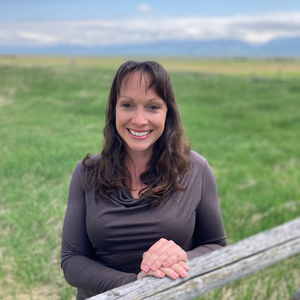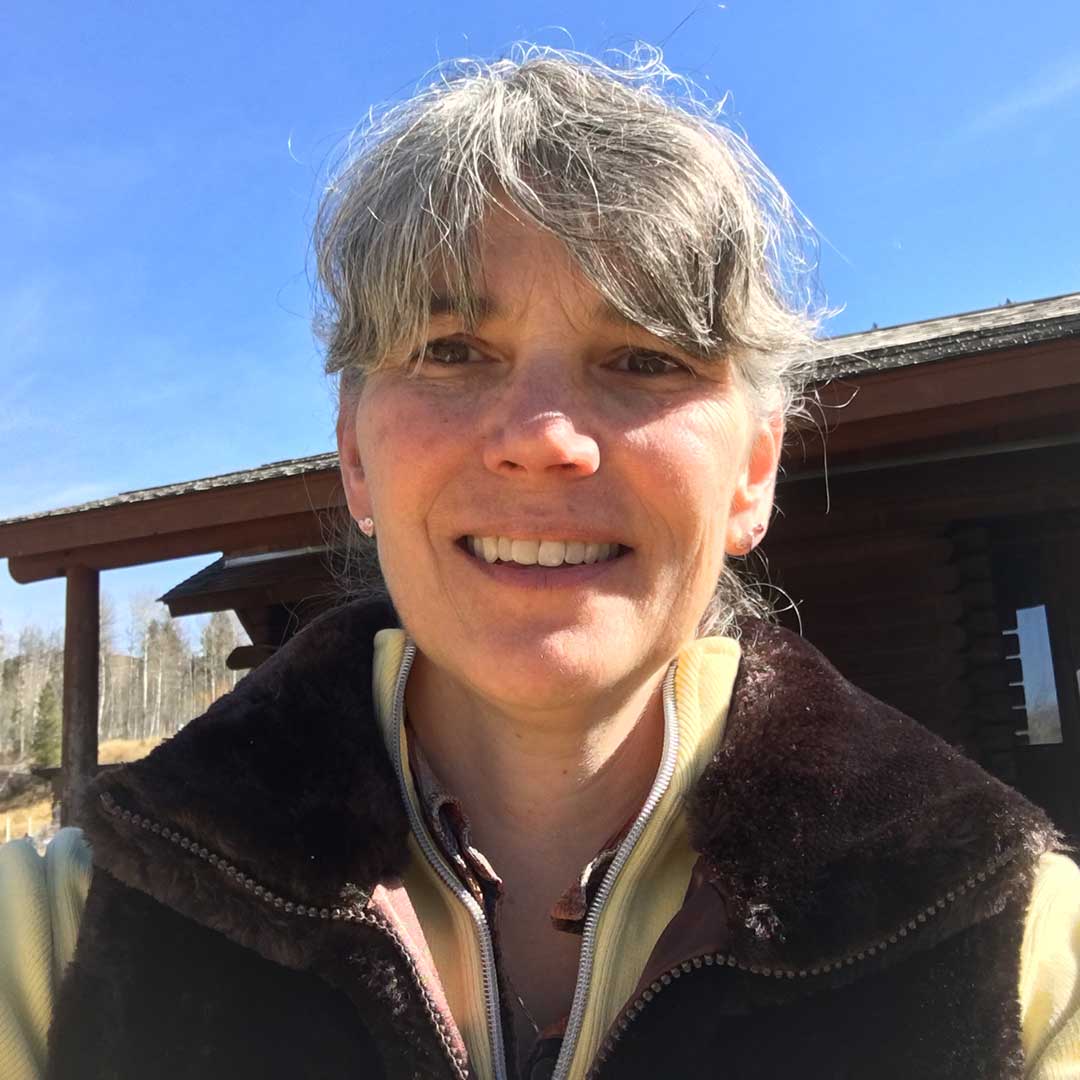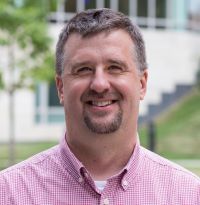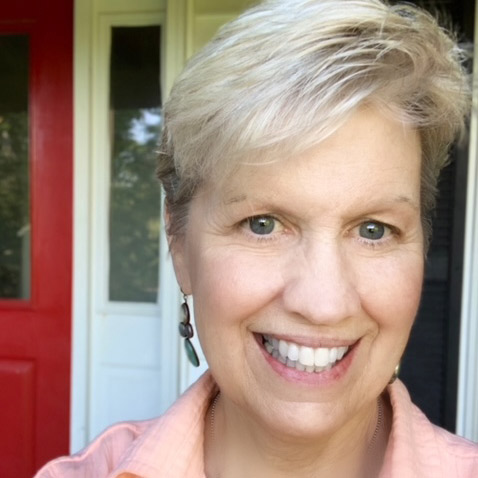MEd for Experienced Educators, Transformative Education
Meet Educational Challenges at Their Root
Transformative education situates us not as passive inheritors and recipients of our world but rather as attentive and inquiring agents of change – changing who we are, what we are with each other, and how we live in and with this world.
Rooted in experiential and liberatory pedagogy, social and environmental justice, and democratic orientation, this transdisciplinary program addresses educational challenges in daily life. Relinquishing settled answers and conclusions, educators leave with reframed, informed, and nuanced experiences, collaborations, struggles, insights, and enduring questions in their learning, work, and lives. The program strives to equip educators with the joy of working with passion, ingenuity, and wonder, and an unquenchable thirst for learning, unlearning, and change.
This degree is offered in an online modality by Antioch University’s New England campus.
Program Overview
This MEd concentration is intended for those who wish to see systemic educational change, including teachers, university faculty, and other educational leaders and administrators, and is relevant to those working in teaching, leadership, social and environmental justice, and more. It centers on the dynamic process of learning, taking into account the individuals involved, their intentions, and the specific context for learning.
Dive deep into systemic educational issues and mindsets, address their root causes, question the questions themselves, and reframe existing problem formulations to generate new possibilities for educational practice, reflection, research, and action.

Our Students
Teachers are truly changed by this program. Their practice as educators has shifted, and they have found a new freedom in transformative education. Kaitlyn Okrusch, 2024 says she found, "The liberation of unlearning and subsequently relearning has been humbling and has dismantled the view I once held to be true about myself, both as a learner and as an educator. There was a time when I wholeheartedly believed that teaching science was about knowing. I was a skeptic about rooting my teaching within the space in between. The space where not knowing lives freely. Could grounding myself in this dark, unfamiliar void possibly help me as a teacher? Shouldn’t a science teacher be standing firmly on their impenetrable sidewalk, glued together by facts and truths? But, from this moment on, through my education journey, I want to fall through the cracks, to find the wonder in these incredible spaces, and to help others willingly fall, too."
This shift can renew your call to teach and support your students in new and engaging ways. Matt Pyster, 2022 believes, "transformative education in my learning at Antioch University played a large role in what happened by making the focus of education the students’ own ideas and noticings and interests and questions, rather than the teacher’s ideas. It gives power to the students regardless of gender, race, or IEP status, in a society and school system where power is often being taken away.” This is an invitation for deep inquiry and change in daily life.
Related Centers and Institutes
Additional Information
This program can be completed in 5-7 semesters fully online. Students can begin in any semester and typically take 3-6 credits per term. Optional summer classes are available face-to-face in Keene, NH.
These courses can be taken individually or as part of a master's or certificate program.
- ESE-5442: Transformative Teaching and Leadership
- This course explores fundamental questions in education while practically and experientially embedding this inquiry in concrete teaching-learning situations and school organizational contexts. It views teachers and administrators not as passive inheritors and recipients of an institutional ethos but rather as agents of systemic change.
- ED-5800: Teaching and Learning
- This course engages us in learning in ways that draw attention to how we are ourselves learning. There is a range of subject matters -- some poetry, some math, some close natural observation, some physical phenomena, etc. We attend to how we go about learning, and how our colleagues do, too.
- ED-5810: Seminar on Freedom and Responsibility
- This course is especially relevant and timely in the context of regimes of conformity, compliance, and oppression, and an assault on educational freedoms. The course explores freedom and responsibility with regard to education, minds, cultures, and environments.
This program centers on the dynamic learning process, the individuals involved, and the specific contexts for such learning. It is intended for teachers, university faculty, and other educational leaders and administrators and is relevant to those working in teaching, leadership, social and environmental justice, and more. This program strives to awaken, renew, and sustain our passion for education in reflective practice, lifelong learning, collaboration, and change-making in our work and life.
Not ready to commit to a full Master’s Degree program?
Consider beginning with a Certificate in Transformative Education or any of our concentration areas.
Faculty Spotlights

Erin Tanzer
Teaching Faculty

Susan Dreyer Leon
Core Faculty

Paul Bocko, Ph.D.
Director

Mary Pat Champeau
Adjunct Faculty
Admission
Education Programs at Antioch University New England value colleagueship and strong learning communities. We offer a 10% discount for 3 or more students from the same school or school district who attend any of our AUNE Education MEd or Certificate programs at the same time. Specific limitations and conditions apply. You can find more information here.
How to Apply
- Complete the online admissions application, including:
- Essay questions, admissions, and program-specific
- Resume/curriculum vitae (CV)
- Non-refundable $50 application fee
- Submit official transcripts from all colleges or universities where you earned a degree or certificate.
- Email transcripts to [email protected] or
- Mail to Office of Admissions Antioch University New England 40 Avon Street Keene NH 03431-3516
- Two letters of recommendation are required from people who are in a position to evaluate your professional or academic work. The person making the recommendation may not be related to you.
- There are additional requirements for International applicants and applicants without a Bachelor’s degree.
- Interview with a faculty member of the department to which you seek entry if selected. This can be in person, by phone, or via Skype.
- Master’s and Certificate Programs do not require the GRE or any other standardized test for admissions. We consider all of your application materials and evaluate your academic potential in a variety of ways.
Official transcripts should be emailed to [email protected] or mailed to the Office of Admissions Antioch University New England 40 Avon Street Keene, New Hampshire 03431-3516. All application materials submitted become part of an applicant’s file and cannot be returned.
Application Deadlines
| Term | Date |
|---|---|
| Summer | May 1 |
| Fall | August 15 |
| Spring | December 1 |
Tuition & Financial Aid
A college education is an investment in your future. Let us help you understand the costs and explore the resources available to help make your college education even more affordable. The majority of AUNE students finance their education through some form of financial aid. You may not be sure which federal, state, public, and private aid packages – such as loans, scholarships, and grants – are right for you. Our staff is here to help you so you can focus on what’s most important: beginning your academic program at AUNE.
Cost
| Foundations of Education Degree | Tuition Cost per Credit | Total Program Credits |
|---|---|---|
| MEd for Experienced Educators | $840 | 33 |
| View the Cost of Attendance Components | ||

Start your Antioch Journey
Take your next step - talk to our admissions team to find the right program for you.
